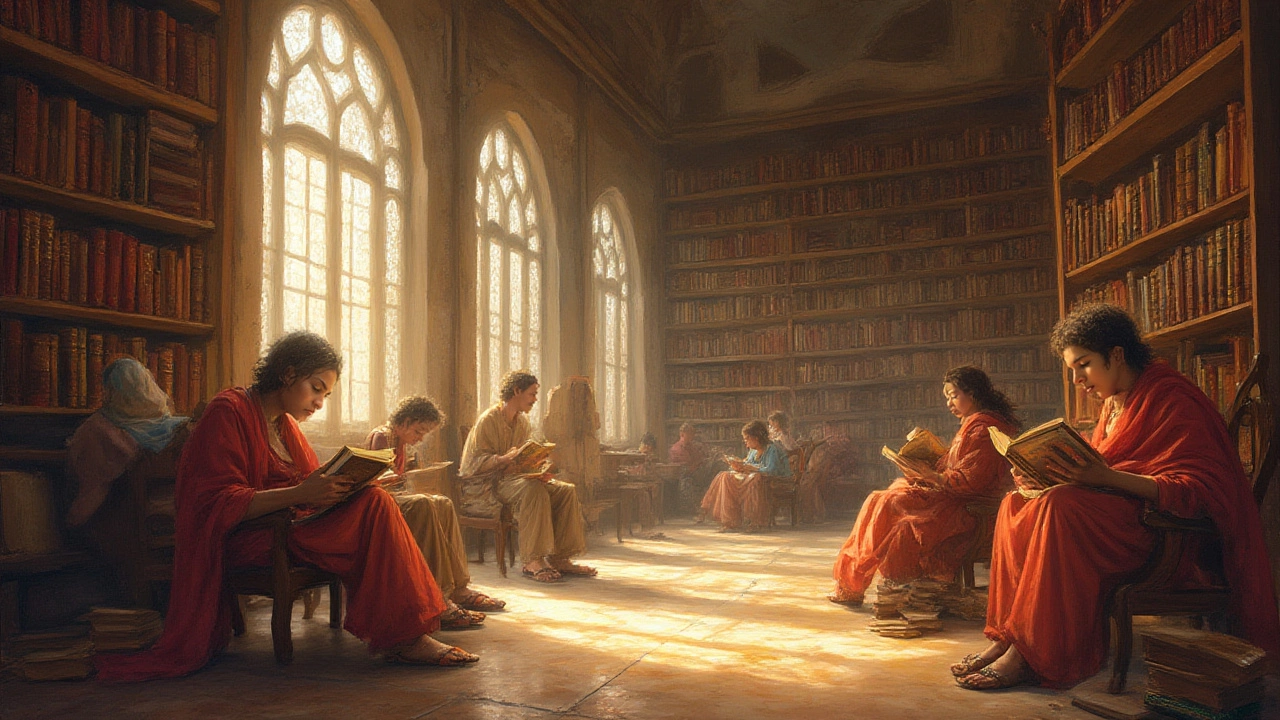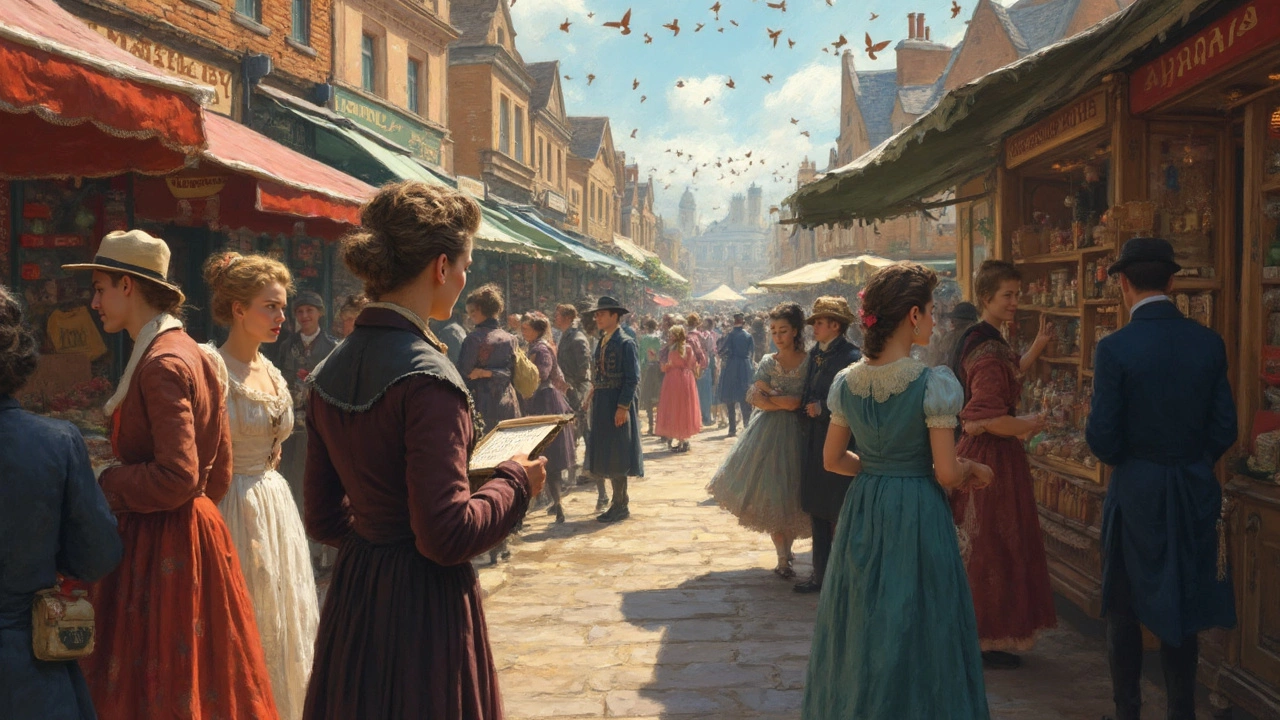Classic Novels: Timeless Stories That Shaped Modern Reading
When we talk about classic novels, enduring works of fiction that have stood the test of time through cultural impact, critical acclaim, and widespread readership. Also known as literary classics, these books are the bedrock of modern storytelling. They aren’t just old—they’re alive. You’ll find them in classrooms, on airport shelves, in secondhand bookstores, and in the hands of readers who swear by them. These aren’t dusty relics. They’re living conversations between generations.
Classic novels often come from the 18th and 19th centuries, but their themes? They’re as current as your last text message. Think about Jane Austen’s sharp take on social pressure, or Dickens’ portrayal of inequality—both still echo in today’s headlines. These stories don’t just describe the past; they explain why we still feel the same ways about love, power, and justice. You’ll also find literary fiction, a category focused on character depth, emotional truth, and stylistic craft rather than plot-driven action. That’s what sets classic novels apart from genre fiction. They don’t just entertain—they make you think. And they don’t rush. They linger. You read them slowly, because every sentence carries weight.
Many of these books were written during the Victorian literature, a rich period in British writing marked by industrial change, moral questioning, and complex social hierarchies. Authors like George Eliot, Charlotte Brontë, and Leo Tolstoy didn’t write for bestseller lists—they wrote to capture the soul of their time. And that’s why we still read them. Their characters feel real because they’re flawed, conflicted, and human. You don’t just read about them—you recognize them. In fact, most modern novels, even the ones you think are totally new, are built on the bones of these older stories. The structure, the pacing, the way a quiet moment can change everything—it all started here.
What makes a novel "classic" isn’t its age. It’s how it sticks with you. It’s the line you quote years later. The character you argue about with friends. The moment you reread and suddenly understand something new about yourself. These books don’t ask for your attention—they earn it. And that’s why, even in a world of quick scrolls and short videos, people still return to them. You’ll find posts here that dig into why certain titles endure, how they’re being rediscovered today, and what they reveal about who we are now. Whether you’re picking up your first classic novel or returning to an old favorite, this collection will help you see them with fresh eyes.

Top 5 Greatest Novels of All Time: Must-Read Classics for Book Lovers
Explore the top 5 greatest novels ever written, with fascinating facts and insights. Find out why these enduring classics should be on your reading list.
View More
Is Jane Austen Historical Fiction? Unveiling the Genre
The debate over whether Jane Austen's novels fall under the category of historical fiction piques the curiosity of literary enthusiasts. This article delves into the defining characteristics of historical fiction and compares them to Austen's works. It sheds light on the historical context within Austen's stories and the author's insightful portrayal of her contemporary society. Readers will gain a better understanding of Austen's place in the literary world.
View More